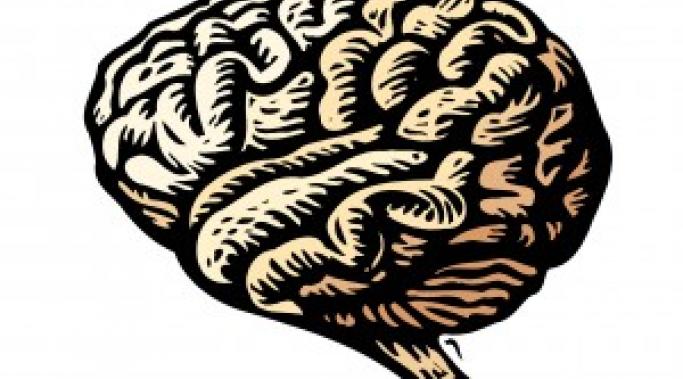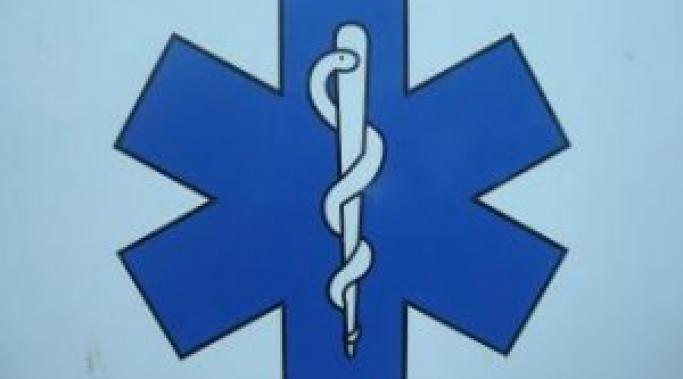My client, Selena, was raped at knifepoint in Los Angeles at the age of the twenty-three.
“I stayed quiet,” she recalls. “I did what he said. I didn’t struggle; I didn’t scream. I think it’s because I did those things that I’m still alive.”
While, rationally, Selena can imagine that giving up her response kept her safe, she’s plagued now by a persistent doubt in her ability to keep herself safe.
“Faced with any kind of threat in the future,” she tearfully explains, “I can’t trust myself to protect me.”
Trauma! A PTSD Blog
Does harsh physical punishment of children have any lasting physical disease consequences? Children have been surviving childhood, irrespective of childhood trauma, for a long time. If survival were all we were interested in, we could change the subject at this point. However, we hope for more than this, so we must look more deeply at what we do with the little people in our lives.
Healing in the trauma disorders and addictions means real and permanent major change, and that's usually neither cheap nor easy. Persistence, in the pursuit of healing, is very often the single most important factor predicting success.
Back in 2009, I went to the annual trauma conference in Boston hosted by Bessel van der Kolk. It was a fantastic conference with a slew of professionals presenting on various aspects of and treatments for PTSD.
One of the stars of the conference was Neurofeedback (NFB), a process that I didn't know very much about. Many of the presenters shared facts, statistics and applications for NFB and spoke about how effective it was in helping to reduce symptoms of posttraumatic stress.
Do you know what NFB is and how it works? Here's a quick overview...
Right off the bat I'll say this: It's incredibly important in treating posttraumatic stress to have a completely strategized mind/body approach. In order to really heal both aspects of who you are need time, attention, focus and respect.
And yet, there's also great value in separating them out.
In writing and speaking about psychological trauma, I am most often reacting to an ongoing perception that few people really "get it" - about many aspects of this whole class of mental disorders. This multidimensional misunderstanding is seen in many ways:
Last week, one of the Heal My PTSD support group members heaved a big sigh and asked, “Is it normal to fluctuate between seeing progress and going back to square one? Is that part of PTSD recovery?”
If you've ever been depressed, anxious or angry you know how emotions can impact your appetite. Any one of those experiences can make you eat more or less depending on the day and the intensity of what you're feeling. And then what happens? If you skip some meals or binge on junk food, do you feel better or worse?
For the past few years there's been a lot of talk about how the new Diagnostic and Statistical Manual (DSM-V), the Bible of mental health diagnoses, would be changing the criteria for PTSD.
Well, on May 27th the new DSM-V was released and now we know what the changes are!
It's something you do every day, but how often do you actually deliberately think about breathing? Back when I was struggling with PTSD I never thought about my breath - or would have even believed that it could help me feel better almost instantly.
Recent research, however, proves that focusing on your breath can dramatically impact and reduce PTSD symptoms.









